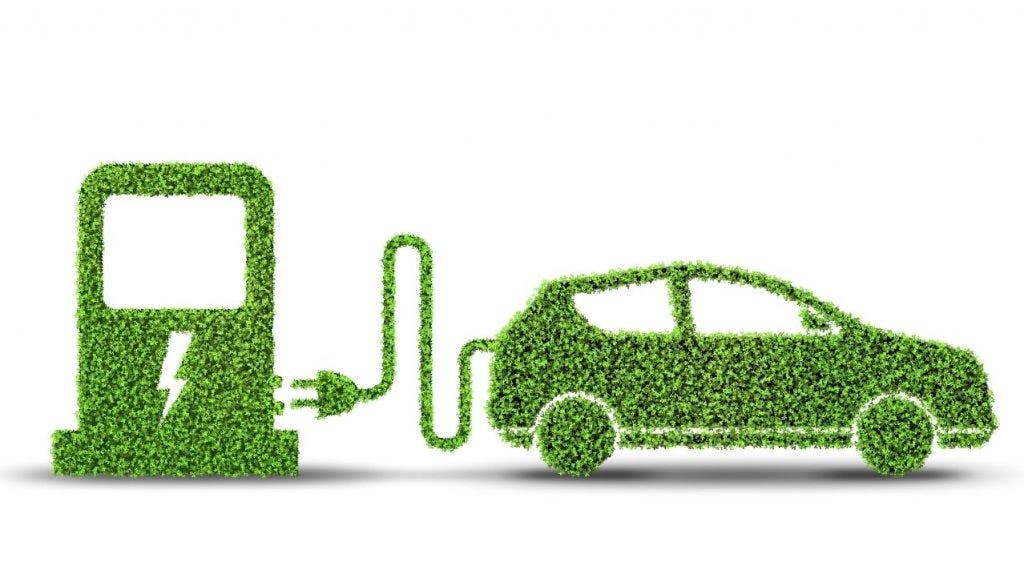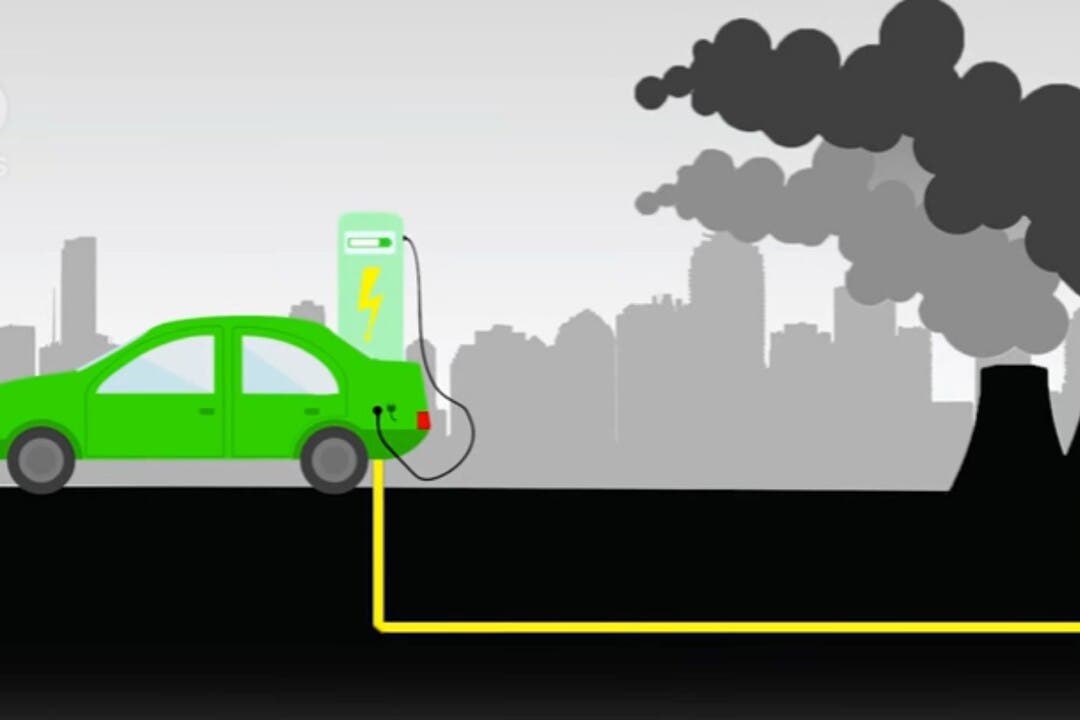A recent study that was done by the University of Turku in Finland sought to highlight a particularly important detail about electric vehicles (EVs) by highlighting information that comes across as a paradox. Eco-sustainability is often associated with these vehicles, but despite this, the research revealed that the carbon footprint that is generated by these cars is actually higher than that of traditional gasoline and diesel cars.
Research study raises important discrepancies for electric mobility
The study that was performed in University of Turku, Finland, immediately raised many questions about the real effect of electric sustainability and the role they should really play in this important transition for all automakers. On the one hand, we know for sure that electric cars definitely generate fewer local emissions in comparison to internal combustion cars. On the other hand, however, it is also quite clear that their real environmental impact is to be evaluated based on a number of factors. These, for example, may be the lifestyle of the vehicle owner, the cost of the electricity needed by the car, and most importantly, the battery manufacturing process.
In this respect, researchers have found that the average EV owner produces nearly half a ton more carbon dioxide than traditional combustion vehicles over the course of a year. Moreover, this figure can also increase significantly if high-performance electric cars are taken as a reference, which in this case can increase the carbon footprint by as much as two tons per year.

The real reason for this huge difference
There are many who wonder about the reason for this large discrepancy. According to what the experts in the study analyzed, the answer would lie in the lifestyle of EV owners, who are often characterized by very high income and also high resource consumption. In fact, statistics, say that most households that own an electric vehicle have a tendency to have larger houses, travel frequently and consume more energy. All factors that always lead to the higher overall carbon footprint.
Currently, the link that exists between electric vehicles and luxurious lifestyles are particularly well known among celebrities. In fact, many famous people are very attracted to the eco-friendly image and prestige of these cars. But although the choice may be correct, the fact that a celebrity is in possession of one of these vehicles does not necessarily mean sustainability. Another factor that greatly influences this study and is particularly related is the other price of EVs. In fact, the cost of these cars is on average much higher than those that characterize combustion vehicles. Precisely for this reason, electric cars are wont to end up in the hands of high-income holders, linking back to the topic we mentioned just above.
In order to alleviate this to some extent, it will be necessary to address these kinds of challenges, such as reducing production costs, without which the cost of cars cannot be lowered. In addition, there is definitely a need for more charging infrastructure and the adoption of public policies that are really incentives that will make a wider public choose these kinds of cars.
